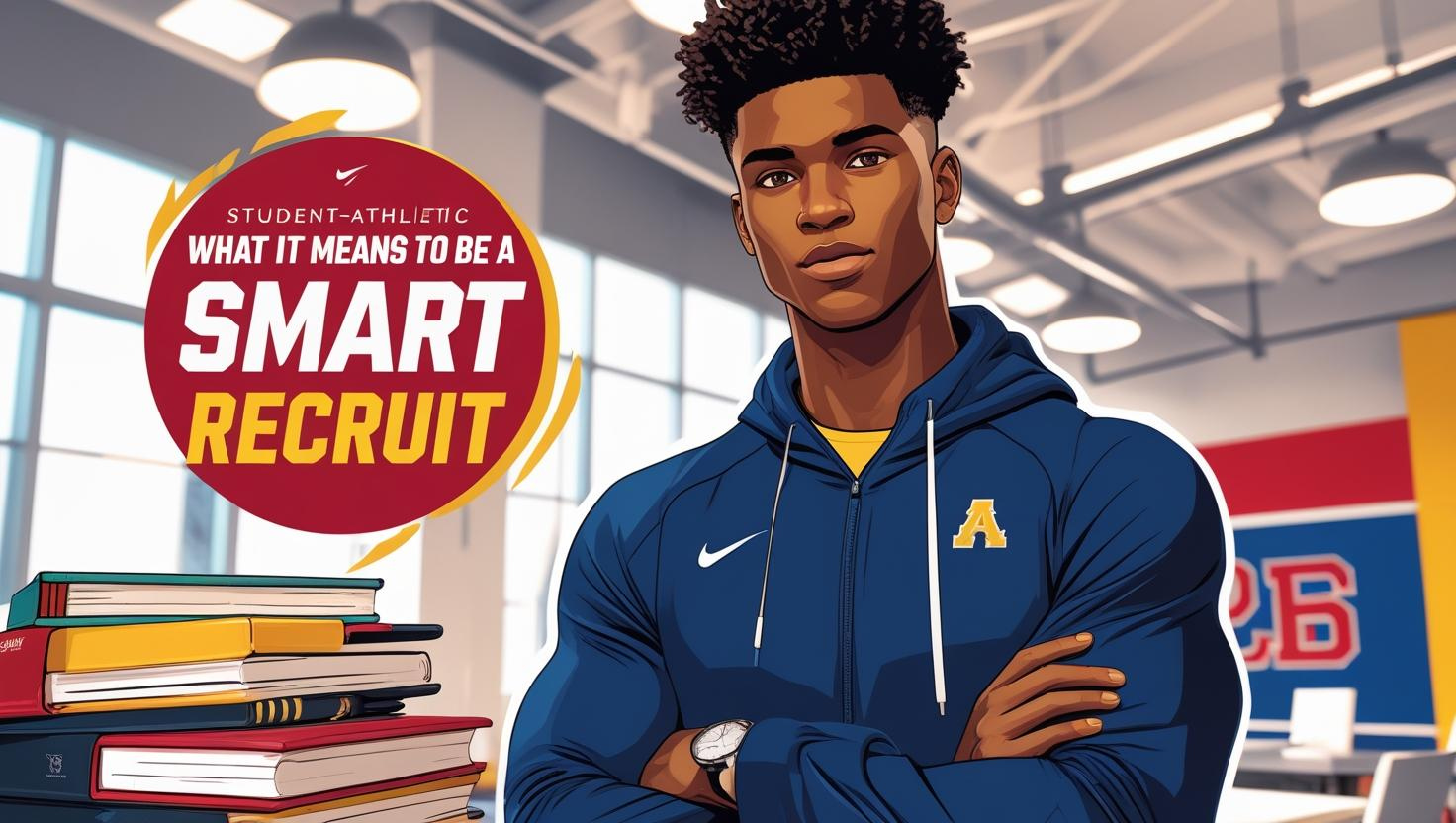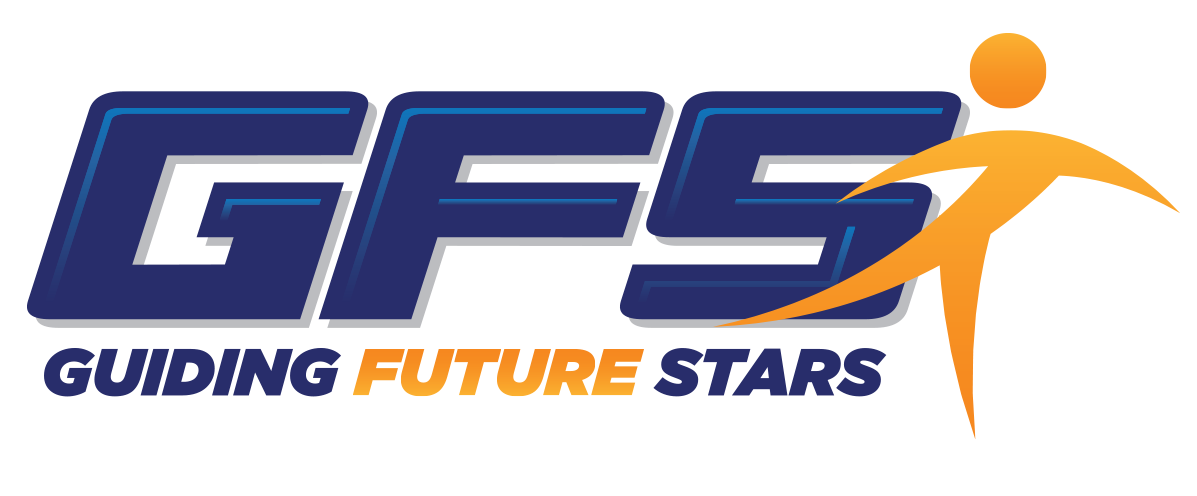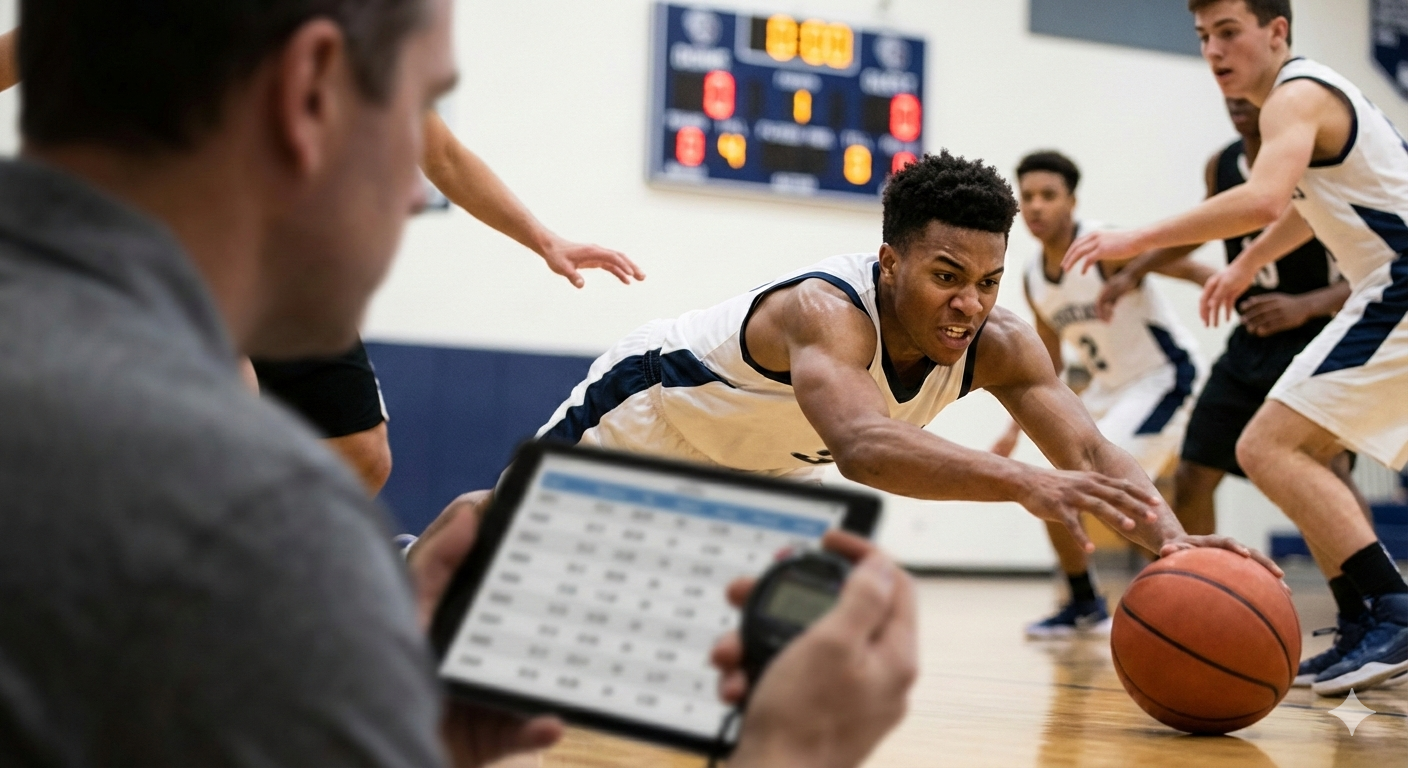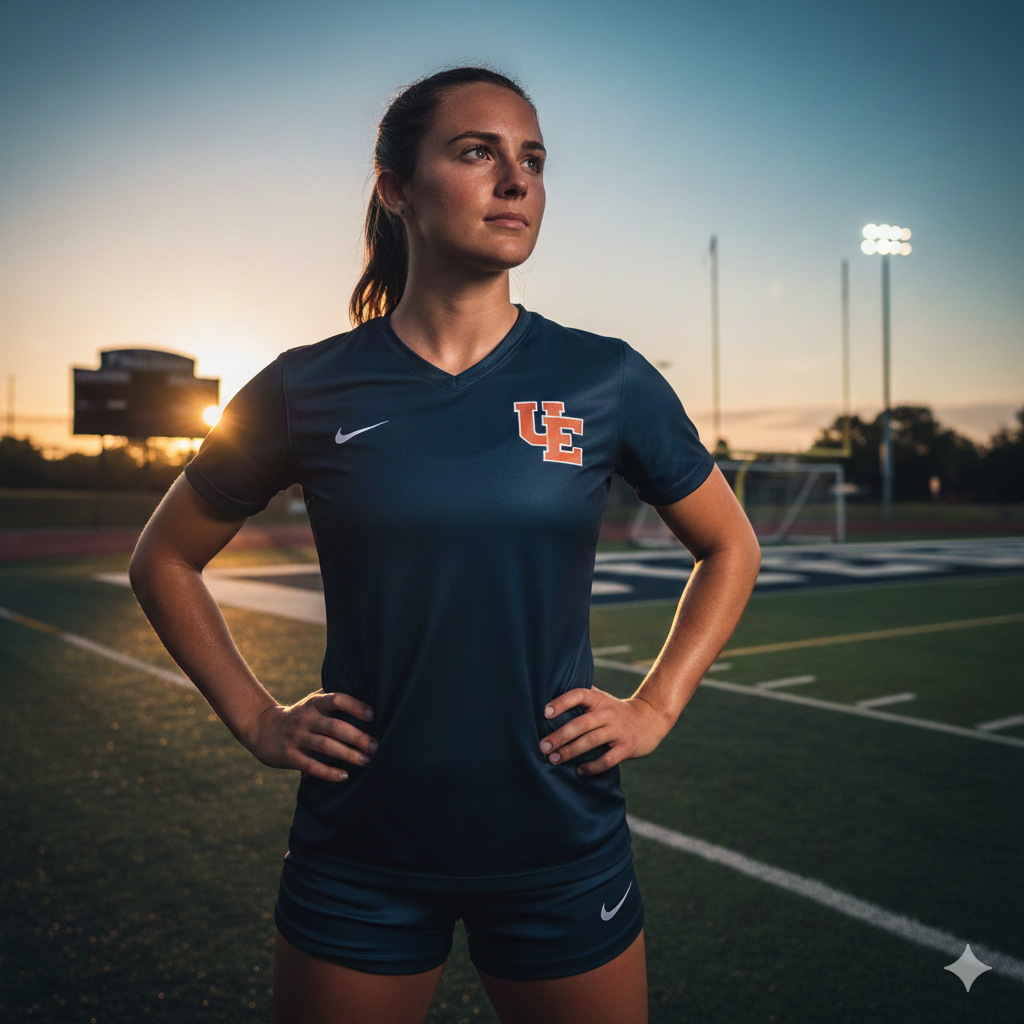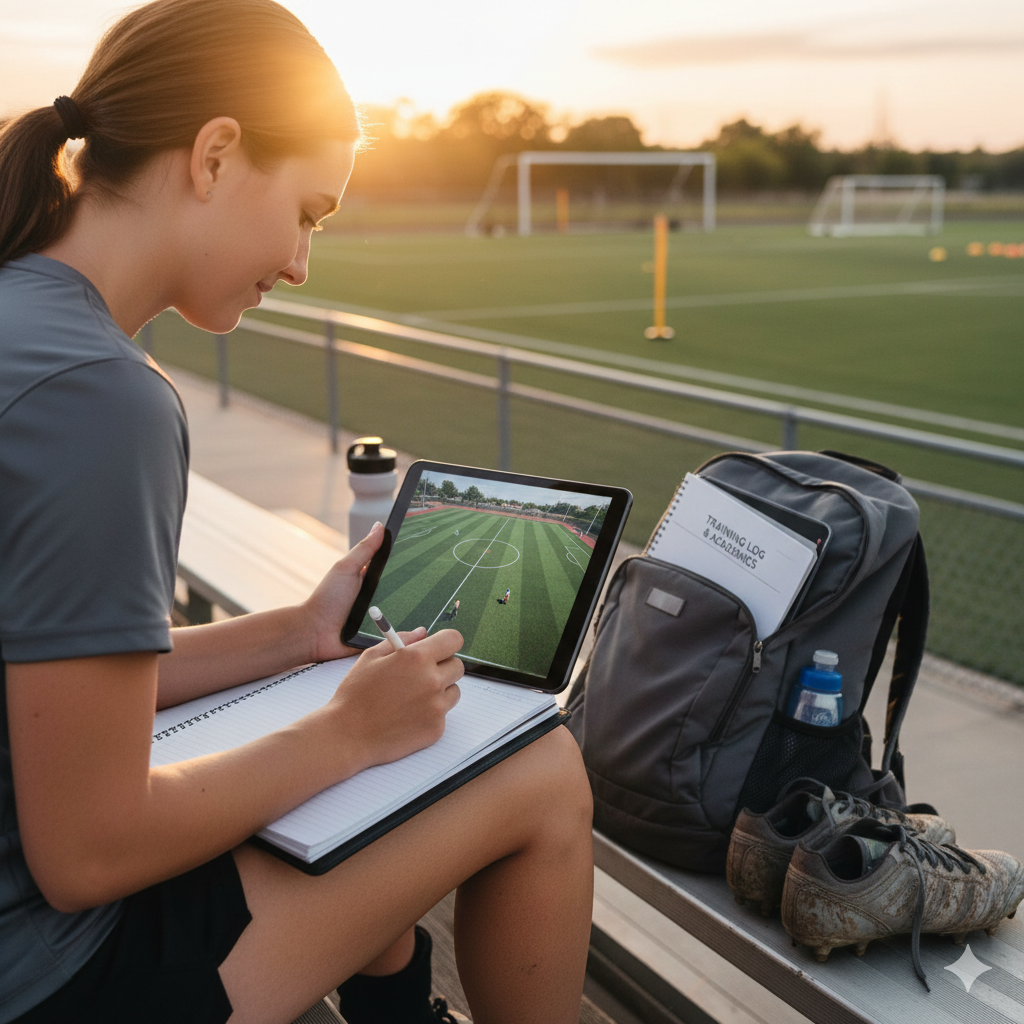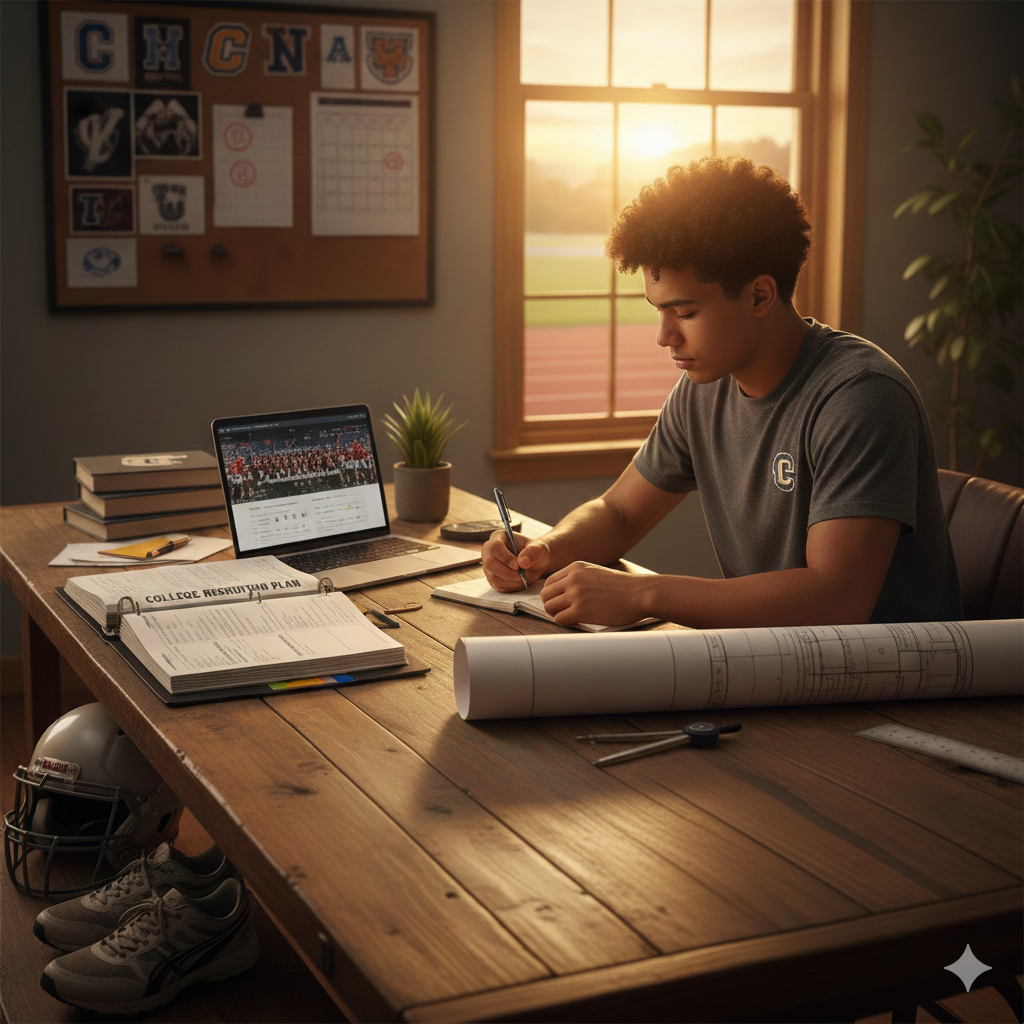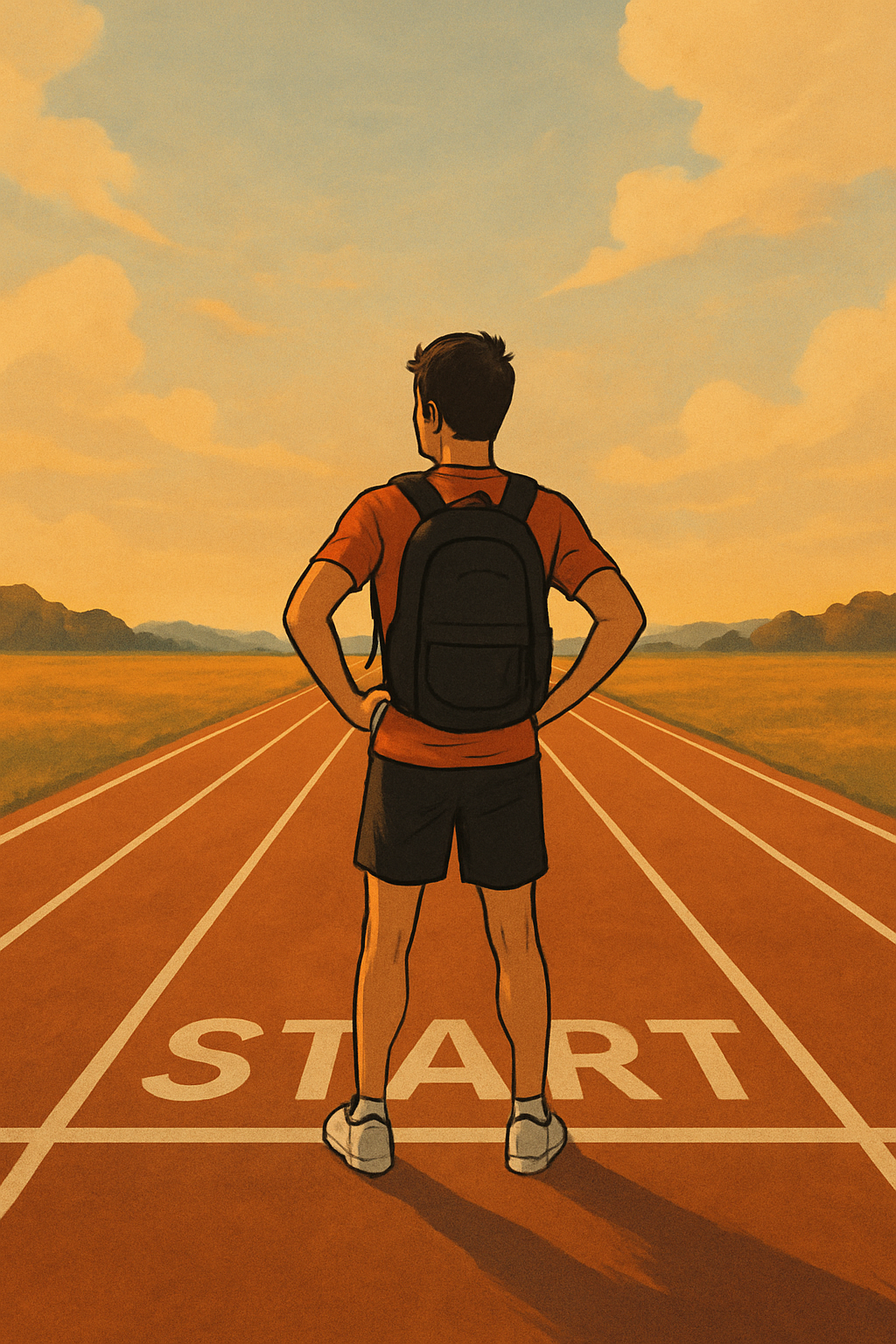Own Your Recruiting Process
Take Ownership of Your Recruiting Process Today!
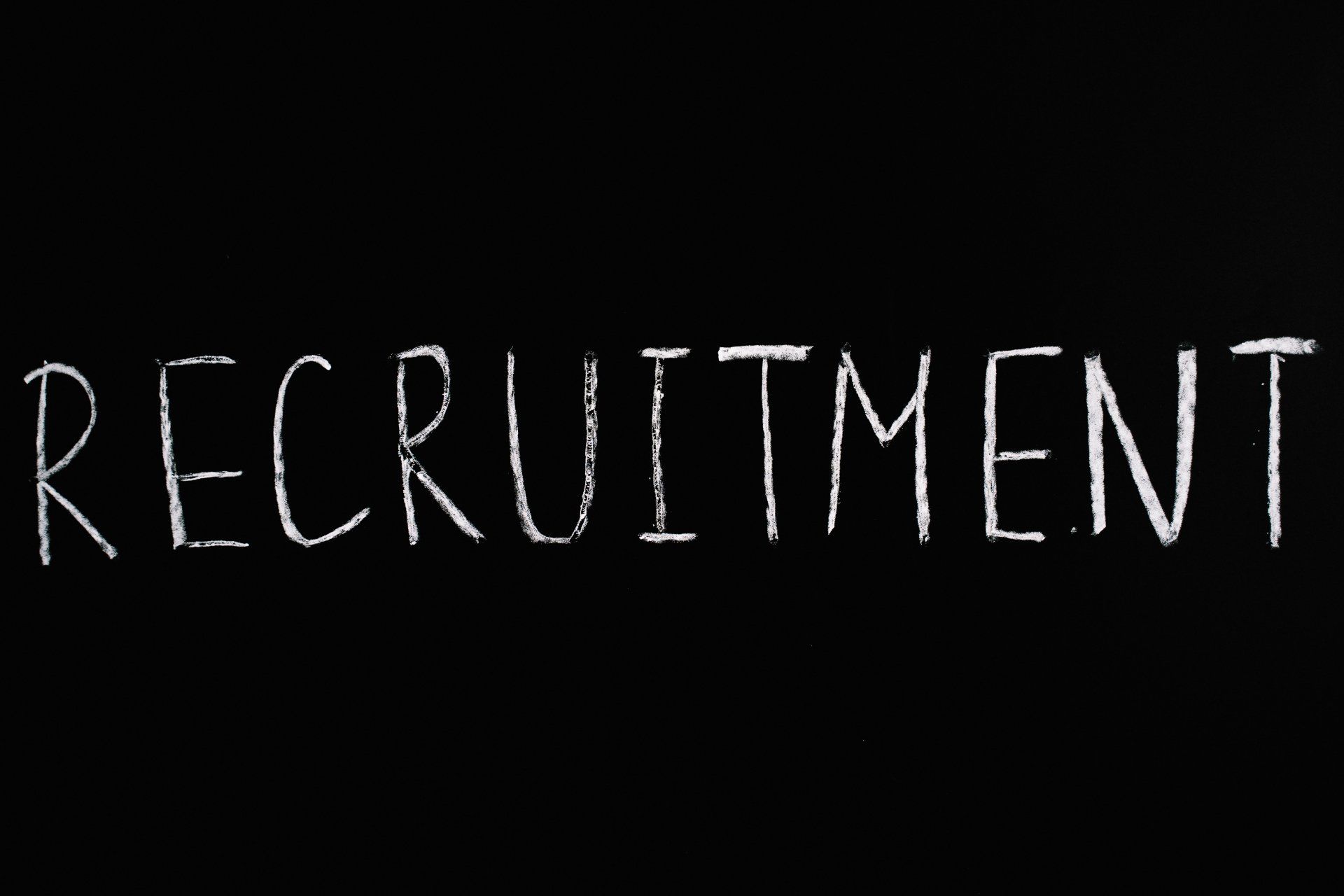
Are you a high school student-athlete who wants to continue their academic and athletic career at the next level? If so, then you have come to the right place. Are you ready to take ownership of the recruiting process from day 1?
As a prospective student-athlete who has aspirations of playing intercollegiate sports, one of the first things you must do is to commit to the process. What does that mean?
1)Commit to making academics a priority
2)Commit to your sport
3)Commit to the recruiting process.
- Make Academics a Priority - Student First, Athlete Second. College Coaches are looking for well rounded student-athletes who have a great attitude and high moral character. Student-Athletes do not need to be straight A students but coaches need to see that students are taking their academics seriously. For students who struggle with the transition into High School do they show improvement from freshmen year to their junior and senior year. Coaches want to know that when you arrive on campus you will be able to handle the academic demands and responsibility of being a college student-athlete.
- Commit to your Sport - We also call this committing to your craft. When college coaches are evaluating talent they are typically trying to measure your potential. How good could you be in 1 or 2 years. As a prospective student-athlete you want to do everything you can to increase your potential throughout the recruiting process. There are 4 pieces in successfully committing to your craft that will help elevate your performances.
- KNOW YOUR SPORT - Coaches want athletes who are students of the game. Athletes who eat, sleep, and breathe their sport. What does being good at your sport mean? What are the attributes of a successful athlete in your sport? You should have an understanding of the skills / traits required. What are the technical aspects? What are the tactical or strategy aspects?
- KNOW YOUR STRENGTHS & WEAKNESSES -
The first tip is knowing your own self-awareness in regards to your sport. What are the best things about your game? What are the things that need improvement? When you identify these things than you’re able to focus more on the things where improvement is necessary. That doesn’t mean you stop refining the skills you do have.
- SKILL ACQUISITION - It’s time to start developing or refining your skill set. As the old saying goes, practice makes perfect. It’s all about repetition. Repetition leads to muscle memory. Skills like kicking a soccer ball, or shooting a jump shot, throwing a football are perfect examples of skills where repetition of those skills will lead to mastering those skills.
- FIND A COACH OR MENTOR - Do you know someone who has already paved the road to where you want to go? Reach out to other athletes or coaches you have had in the past that can help you. A mentor can provide support, confidence, direction, and space to discover things on your own.
3. Commit to the Process - Playing college sports is an incredible experience but it is an opportunity that must be earned. In order to reach that level you have to put in the work. And for something as great as playing a sport you love in college it is worth it. WORK = TIME. In order to fully commit to this process you must do these 3 things
- INVEST TIME - Once you decide that you want to play your sport in college you must block or schedule time dedicated to this process. Every week you should commit 30-60 minutes to the recruiting process. Your time will be dedicated to doing things like researching potential schools and programs, filling out recruiting questionnaires, contacting college coaches, creating recruiting videos, and much more.
- TAKE THE NECESSARY ACTION STEPS - You should create a plan on how you would like this process to go. A game plan will help you stay organized throughout this process. There are actionable steps that are required as you navigate through this process.
- Build a List of Schools
- Research Schools and Programs
- Create a Marketing Portfolio
- Contact College Coaches and maintain regular communication
- Attend Tournaments, College Showcases, ID Camps, and Clinics
- Visit College Campuses
- FIND YOUR COLLEGE FIT -There are thousands of schools to choose from but it is important that you find the one that will be the right fit for you, academically, athletically, and personally. There are many factors that go into building a list of potential colleges and universities that match what you are looking for. Remember that you will be the one on campus going to classes, doing the 6am lifts, and playing games. You need to find the school and program where you think you will be the happiest. Make sure you are doing your research and you are asking the right people the right questions. As you begin building your list of schools break it down into our 3 categories
- Academics - major, career paths, learning environment, additional study opportunities, graduation success, graduate school,
- Personal - location, size, setting, extra-curricular activities, costs, campus safety,
- Athletics - level of play, coaching staff, style, philosophy, facilities, team culture, playing time
Start Early. Continue to improve on and off the field. Play and Train Hard. Research Schools. Market Yourself.
Be Proactive. Visit Campuses. Select a school that fits your academic, athletic, and personal needs.
Enjoy your college experience!
